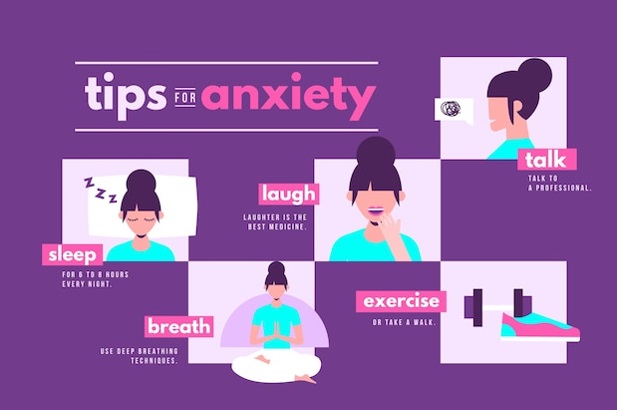Caring for elderly individuals can be a challenging task, especially when they are dealing with age-related diseases. It requires patience, compassion, and a deep understanding of their needs. In this section, we will provide you with essential tips to help you navigate through the complexities of caregiving.
First and foremost, it is crucial to create a safe and comfortable environment for your elderly loved one. This includes ensuring that their living space is free from hazards such as loose rugs or cluttered walkways. Installing grab bars in the bathroom and handrails on staircases can also prevent falls and accidents. Additionally, make sure that lighting is adequate to prevent tripping or confusion during nighttime. For more comprehensive guidance on creating a safer home environment, visit elderlycaretips.io, where you can find expert advice and resources tailored specifically to elderly care.

Another important aspect of caregiving is promoting physical and mental well-being. Encouraging regular exercise, such as gentle walks or chair exercises, can help maintain mobility and prevent muscle weakness. Engaging in mentally stimulating activities, such as puzzles or reading, can also improve cognitive function and prevent cognitive decline. Additionally, maintaining a healthy diet and ensuring regular medical check-ups are crucial for overall well-being.
Promoting physical and mental well-being
Physical and mental well-being are essential for elderly individuals, especially those dealing with age-related diseases. In this section, we will delve deeper into specific strategies to promote the well-being of your loved one.
Regular physical activity is vital for maintaining strength and mobility. Encourage your elderly loved one to engage in exercises that are suitable for their abilities, such as walking, swimming, or tai chi. These activities can improve balance, flexibility, and overall physical health. It is important to consult with their healthcare provider before starting any new exercise regimen.
Mental stimulation is equally important for the well-being of elderly individuals. It’s also important to be aware of changes in behavior, such as difficulty focusing, which may involve recognizing signs of ADHD in seniors.
Engage your loved one in activities that challenge their cognitive abilities, such as puzzles, reading, or learning a new hobby. Socializing with friends and family members can also prevent feelings of isolation and improve mental health. Additionally, consider enrolling them in community programs or senior centers that offer various activities and social opportunities.
Medication management and compliance
Managing medications can be overwhelming, especially for elderly individuals with age-related diseases. In this section, we will discuss essential tips to help you effectively manage medications and ensure compliance.
Firstly, it is crucial to have a comprehensive understanding of the prescribed medications. Familiarize yourself with the names, dosages, and potential side effects of each medication. Consider creating a medication schedule or using pill organizers to ensure that medications are taken at the correct times. Additionally, keep a record of any adverse reactions or changes in symptoms to discuss with their healthcare provider.
To promote medication compliance, establish a routine and set reminders for your loved one. This can be done through phone alarms, medication reminder apps, or a physical calendar. Simplify the medication schedule by using blister packs or pre-filled medication dispensers. Regularly check medication supplies to avoid running out and ensure that prescriptions are refilled in a timely manner.
Seeking professional help and support
Caring for an elderly individual with age-related diseases can be emotionally and physically demanding. It is important to seek professional help and support to ensure the well-being of both the caregiver and the care recipient.
Consider enlisting the help of home healthcare professionals who can provide assistance with daily tasks, such as bathing, dressing, or meal preparation. This can provide respite for the caregiver and ensure that the elderly individual receives the necessary care. Additionally, support groups or counseling services can provide a safe space for caregivers to share their experiences, seek advice, and receive emotional support.
Remember, you are not alone in this journey. Reach out to local resources, such as senior centers or community organizations, to find additional support and services. Taking care of yourself as a caregiver is equally important, so make sure to prioritize self-care and seek help when needed.
